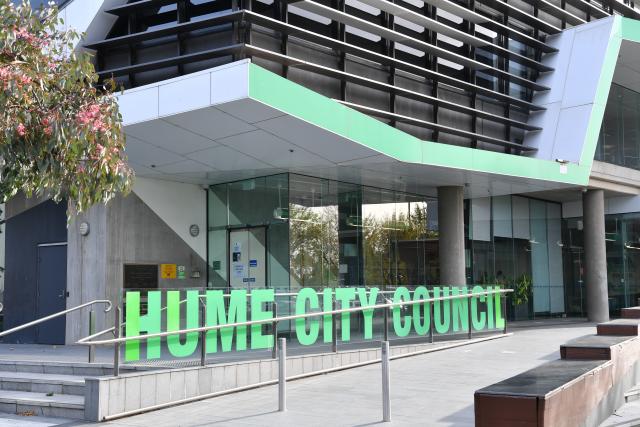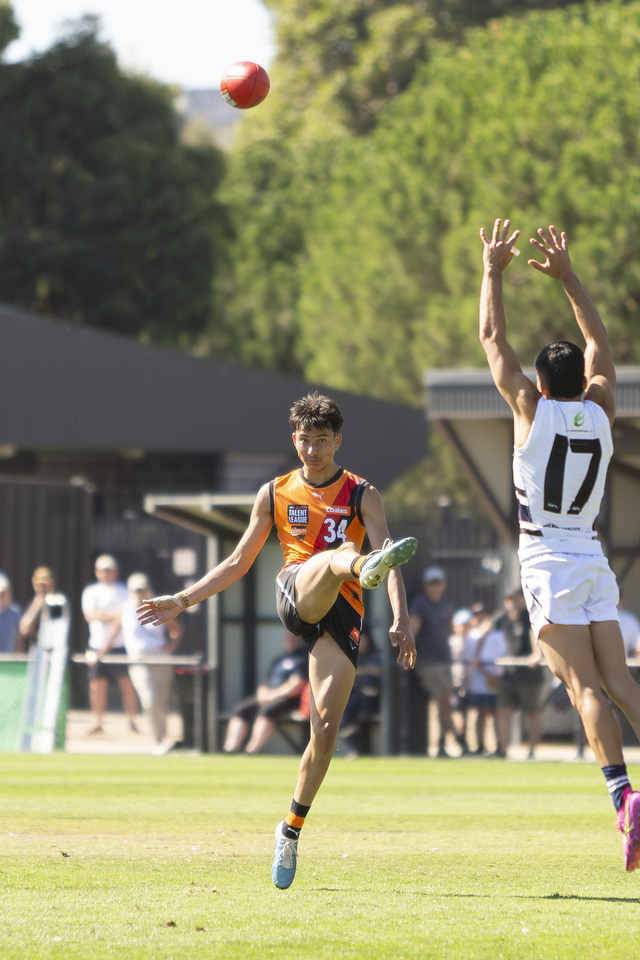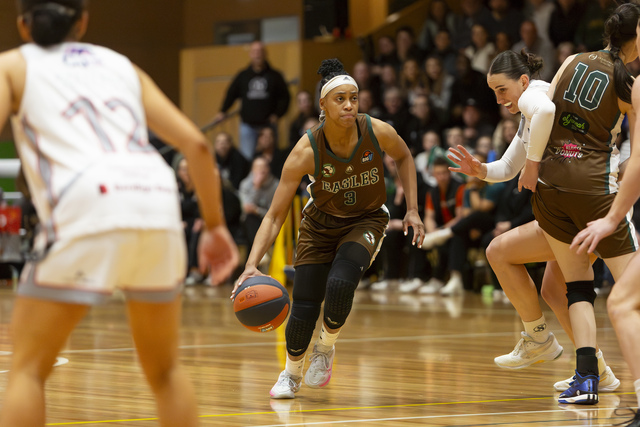According to the Child Development Institute, the first contact with your child’s teacher can be the most important. And during the first week can be the optimum time to build a rapport.
In the first week, it’s likely the teacher knows little about your child and you’re in a position to provide helpful information. Don’t feel you’re intruding or asking for special treatment – you’re just showing a concern your child gets a good education.
After six weeks or so, even if you feel your child is doing well, you might like to set up a conference, which should always be at a time to suit the teacher. Questions can include:
• Is my child able to get along with others?
• Can my child participate well in group activities?
• What can I do to encourage or help my child learn to read?
Effective communication with a teacher will reap many benefits. If you want to discuss a problem or concern, here are some guidelines to get good outcomes:
1. Identify the reason for the conference in initial contact to alleviate any imagined fears on the teacher’s part and so they can have relevant information to hand.
2. Plan – write down questions, clarify them and prioritise importance. Succinct information will assist the teacher to give clear responses.
3. Always restate your purpose for the conference right at the start – stay on topic.
4. Show a positive attitude. Be aware of tone of voice, facial expressions and body language.
5. Remain open, even if the teacher tells you something negative about your child’s behaviour or attitude. Antagonism can kill a conference stone dead.
6. Be sure discussions are led with the sole aim of increasing your child’s growth.
7. If your child has difficulties, make sure the teacher doesn’t just point out the problem without providing ideas for eliminating or reducing it.
8. Clarify and summarise as you go, so you both know what’s been meant and can agree about any conclusions.
9. Make sure you alert the teacher to any educational jargon you don’t understand and seek clarification.
10. Try to keep the time to 30 minutes or less.

















